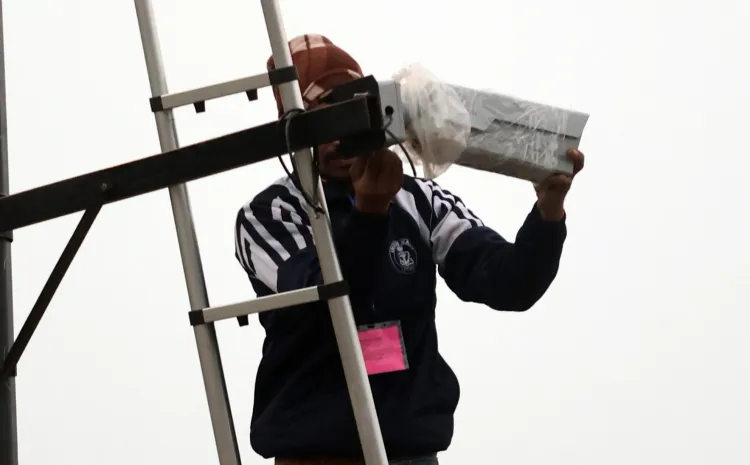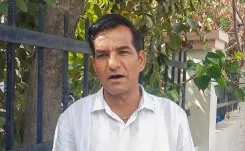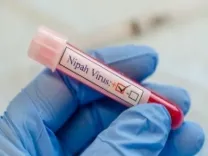How is Tamil Nadu Enhancing Campus Security?

Synopsis
Key Takeaways
- Stringent security audits mandated for all Tamil Nadu universities.
- Installation of CCTV cameras and emergency protocols are required.
- Direct communication established between universities and local police.
- Monthly compliance reports to ensure ongoing safety measures.
- Zero-tolerance policy towards harassment and safety violations.
Chennai, July 16 (NationPress) To bolster campus safety throughout the state, the Tamil Nadu Higher Education Department has implemented rigorous directives requiring all state-funded, private, and deemed universities to perform thorough security evaluations and enhance security measures on their campuses.
Official communications have been sent to the Registrars of these institutions, mandating adherence to the newly established safety regulations.
This initiative arises from rising worries regarding campus safety and recent occurrences of misconduct and harassment.
The department has outlined specific guidelines that necessitate the compulsory installation of CCTV cameras, the enforcement of access control protocols, the deployment of trained security personnel, and the creation of operational biometric checkpoints and emergency contact numbers.
A senior official from the department has confirmed that every Higher Education Institution (HEI) is required to comply with these guidelines without exception.
“Institutions must adhere to these protocols. Any infractions, particularly those concerning sexual harassment or security breaches, must be reported immediately for legal proceedings,” the official stated.
To guarantee effective implementation, the department has directed higher education authorities to conduct personal inspections of all HEIs.
These inspections will assess the existence and operational capability of security infrastructure, including CCTV systems and biometric access points.
The inspection teams are also tasked with verifying that emergency response mechanisms are operational.
Meanwhile, in collaboration with local police, specialized liaison teams have been formed across eight districts — Tirunelveli, Tiruchy, Namakkal, Mayiladuthurai, Kallakurichi, Thanjavur, Erode, and Theni.
These teams will maintain direct communication with campus authorities and conduct unannounced patrols during peak hours.
In addition, the state has initiated awareness campaigns promoting the use of the 'Kaval Uthavi' mobile application among students and staff. These campaigns aim to empower the campus community to swiftly report any emergencies or threats.
Each inspecting authority is required to submit a monthly compliance report to the Chief Secretary’s office, confirming the operational status of surveillance systems and overall security readiness.
The department has reiterated the legal requirement for all HEIs to establish Internal Complaints Committees (ICCs) in accordance with the Sexual Harassment of Women at Workplace (Prevention, Prohibition and Redressal) Act.
All outstanding harassment cases must be investigated and resolved as a priority. The new directives underscore the government’s zero-tolerance stance on campus safety violations and represent a significant stride towards fostering safer educational environments across Tamil Nadu.






